
Sweeteners linked to hair growth in latest study
New research suggests natural sweetener stevioside may help boost hair growth
News & Analysis on Food & Beverage Development & Technology

New research suggests natural sweetener stevioside may help boost hair growth
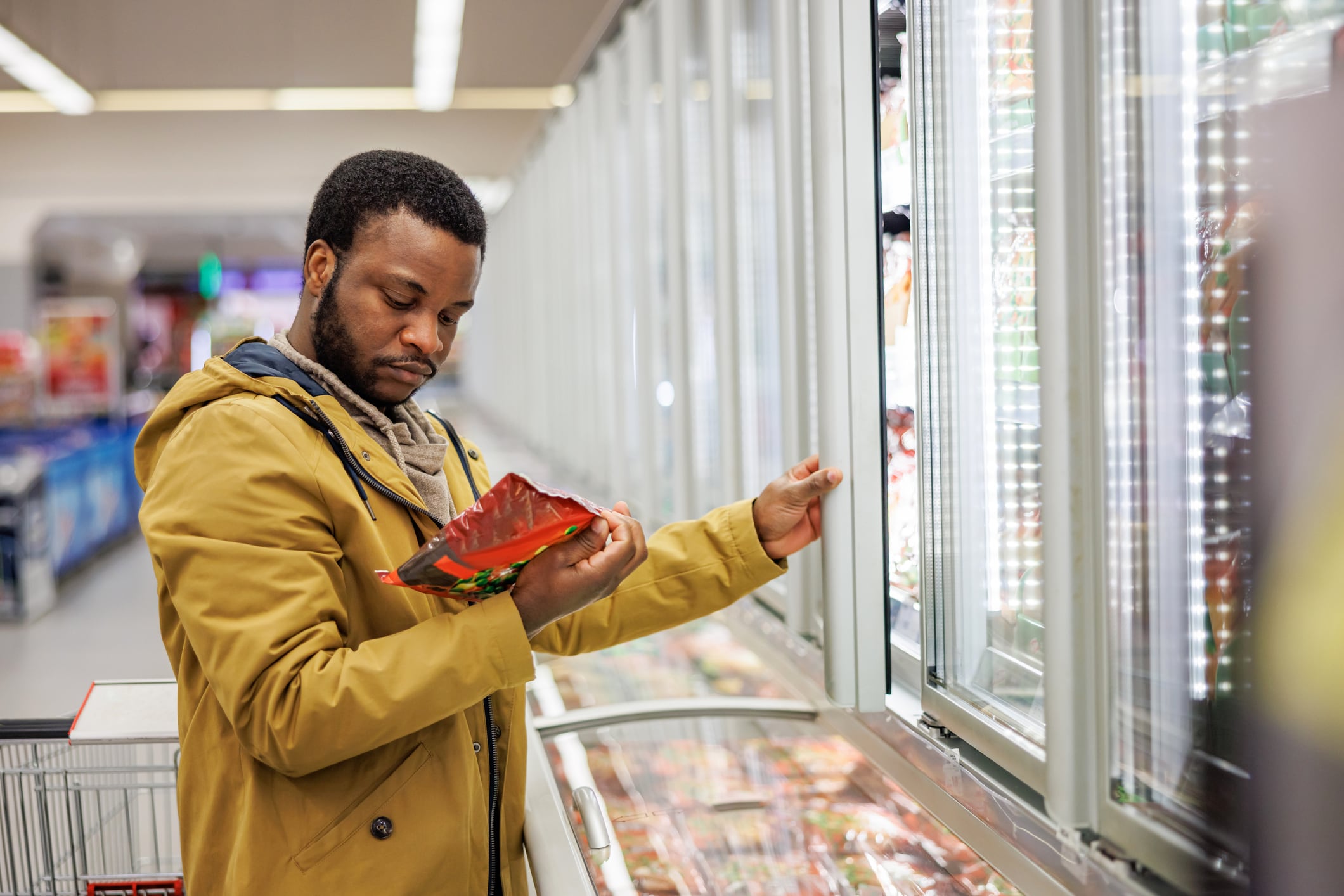
What do companies need to do to ensure their claims are compliant in the EU?
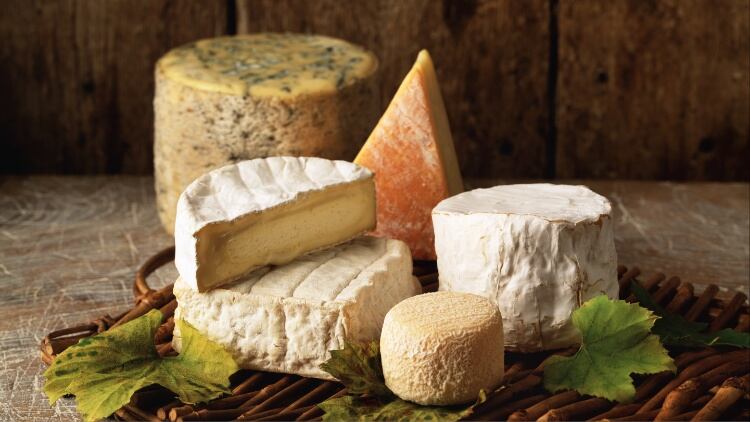
Opinion
There are some great plant-based milk and cream cheese alternatives out there, but semi-hard cheeses are tougher to crack. Could fermentation hold the key?

Industry must better understand how healthy ageing works
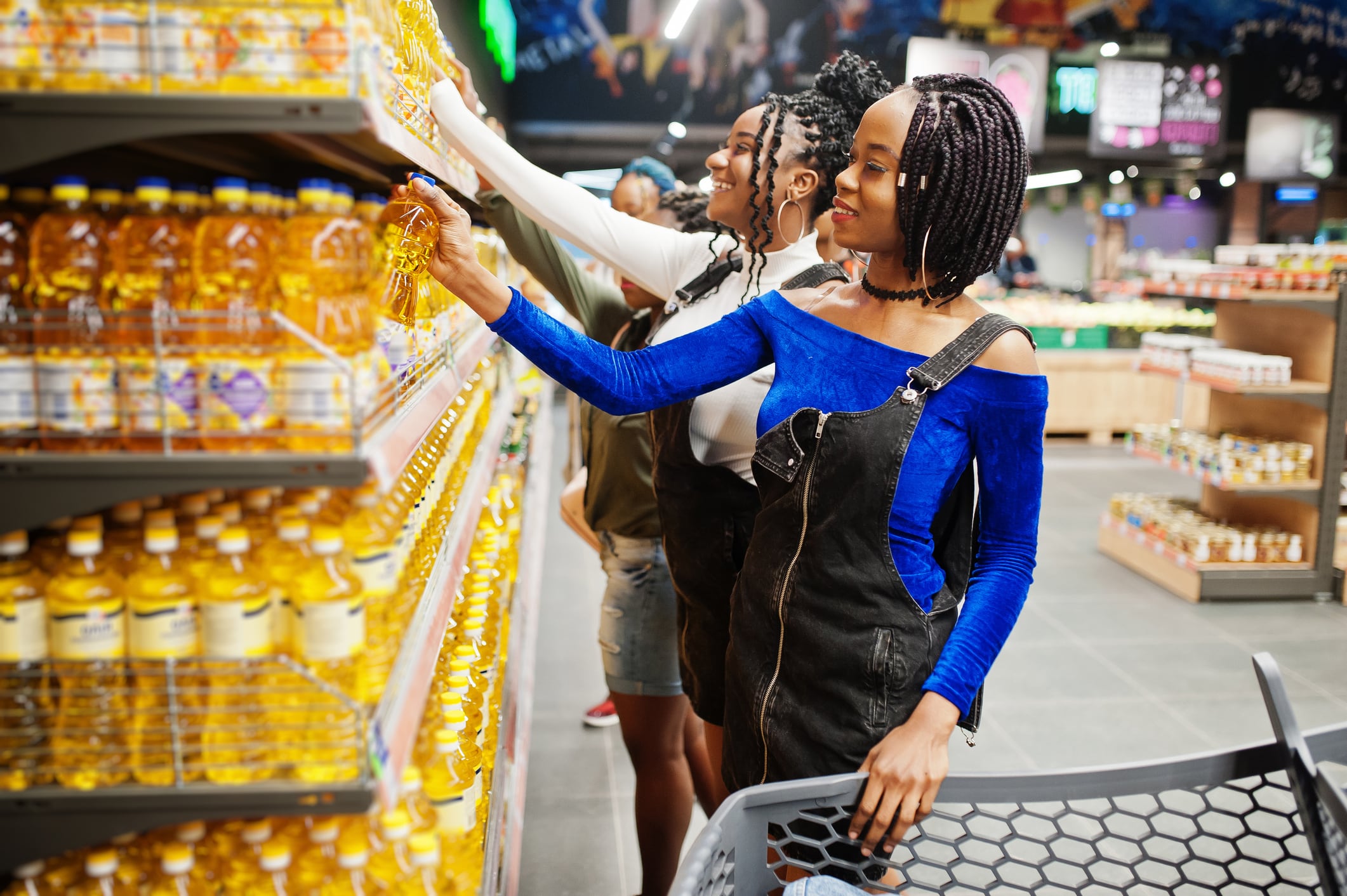
A new study suggests palm oil use is not as widespread as previously thought
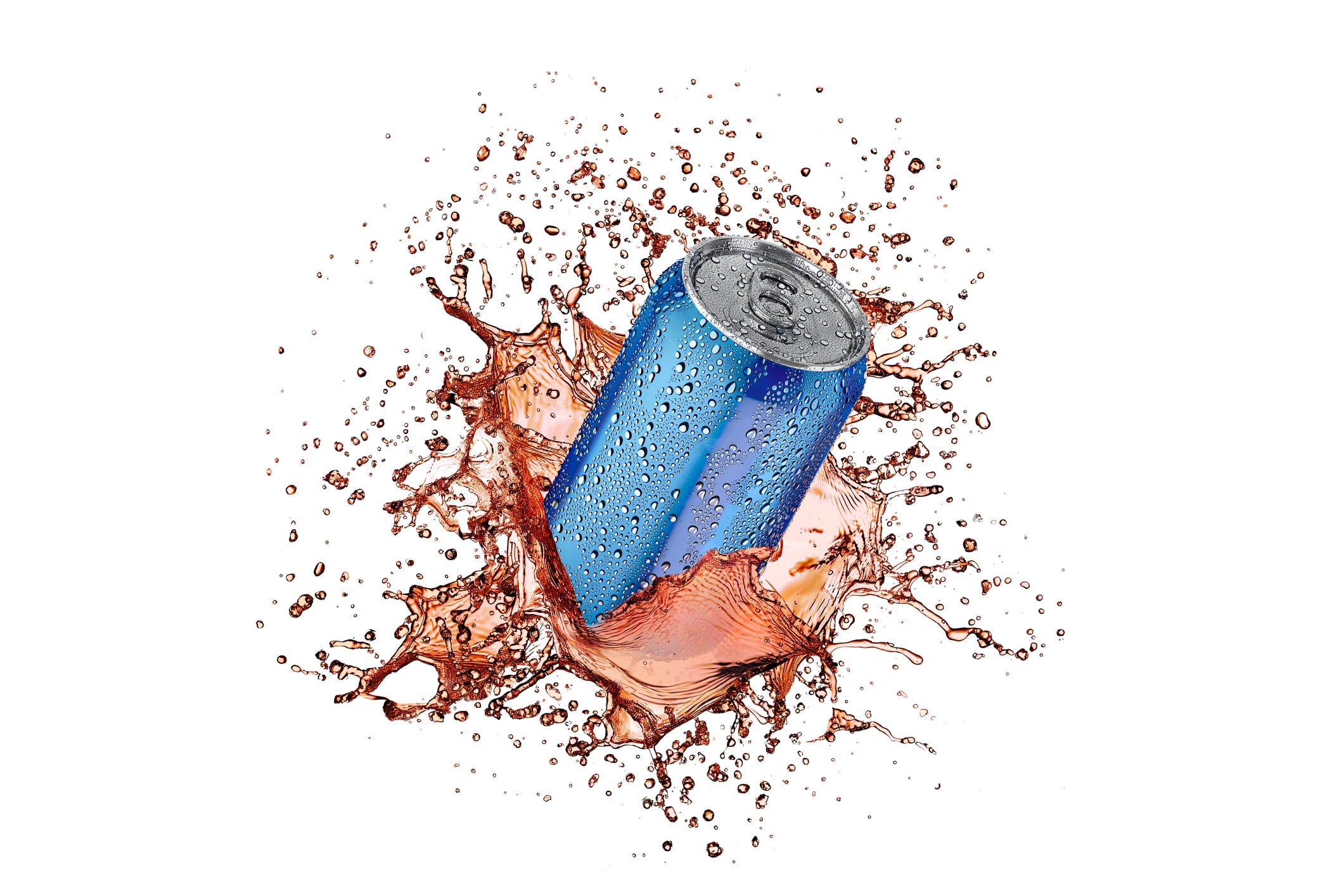
Sweetened drinks are linked to an even greater risk of liver disease than their sugary counterparts
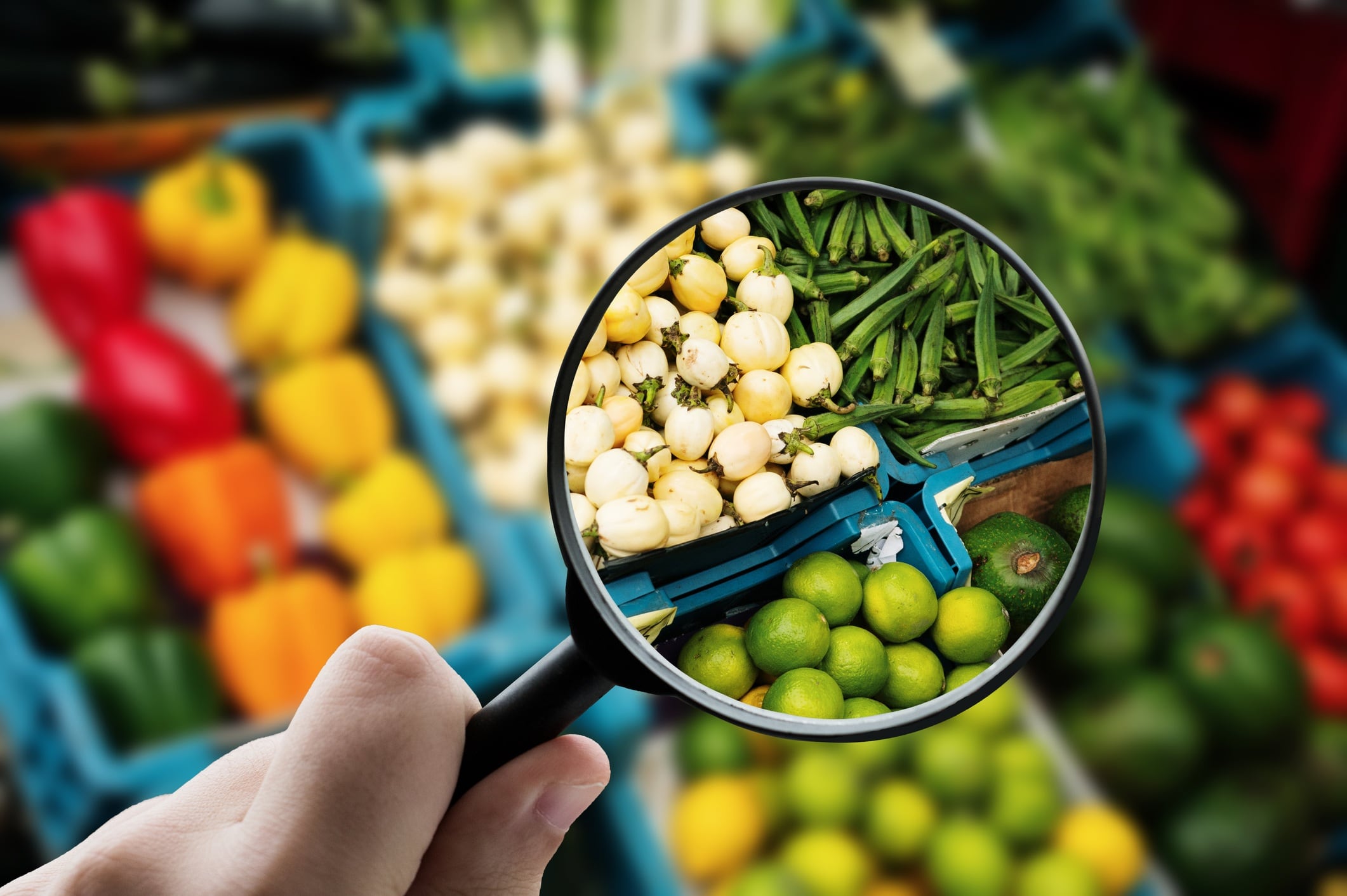
The discovery of ‘nutritional dark matter’ is unlocking new paths for smarter food innovation, targeted health benefits, and precision nutrition
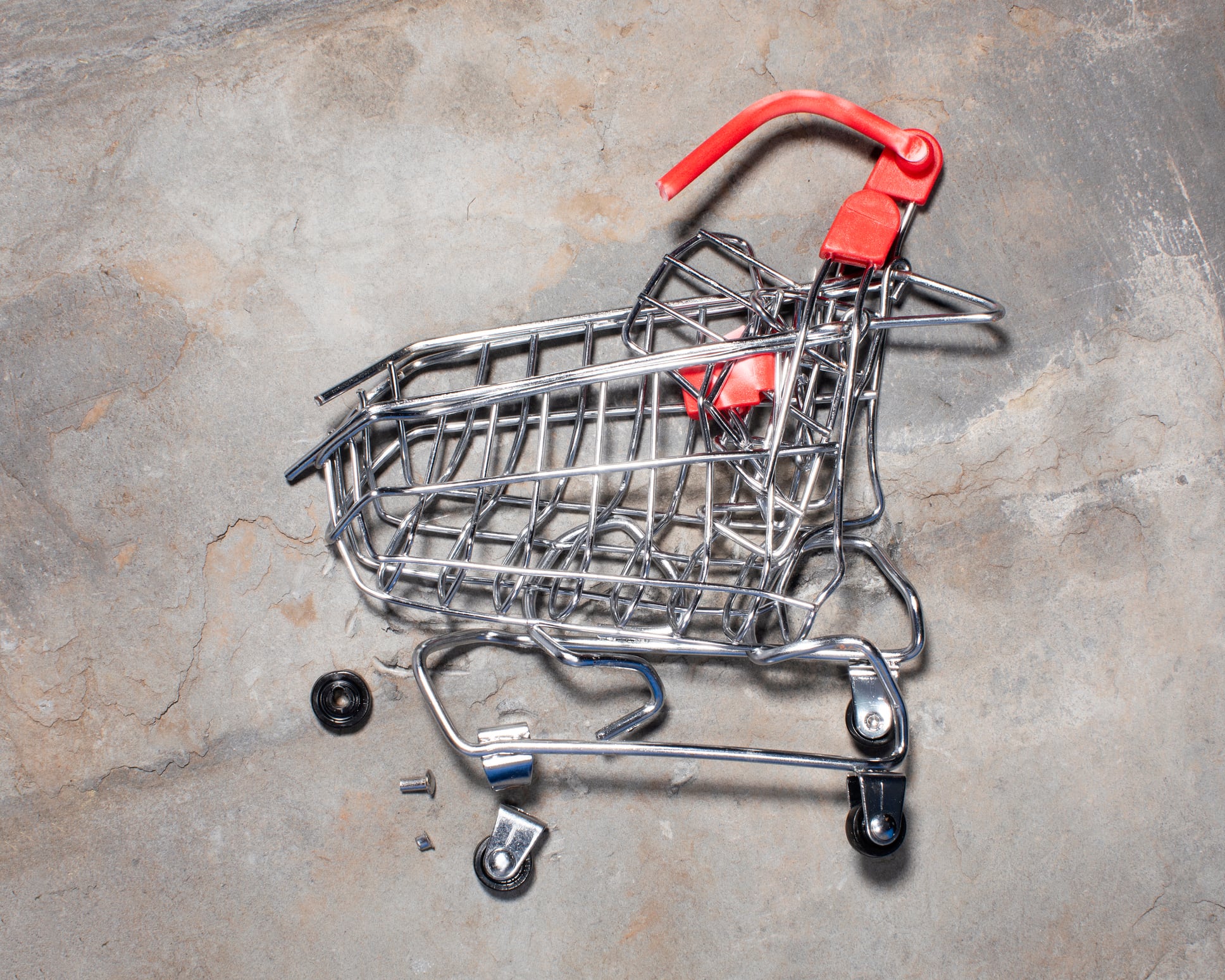
When costs are high, consumers are more discerning with their wallets

Are ultra-processed foods really the enemy?

Consumers are spending big on health-boosting foods and drinks, but flavour is still the dealbreaker

More consumers understand food safety than ever before, according to EFSA
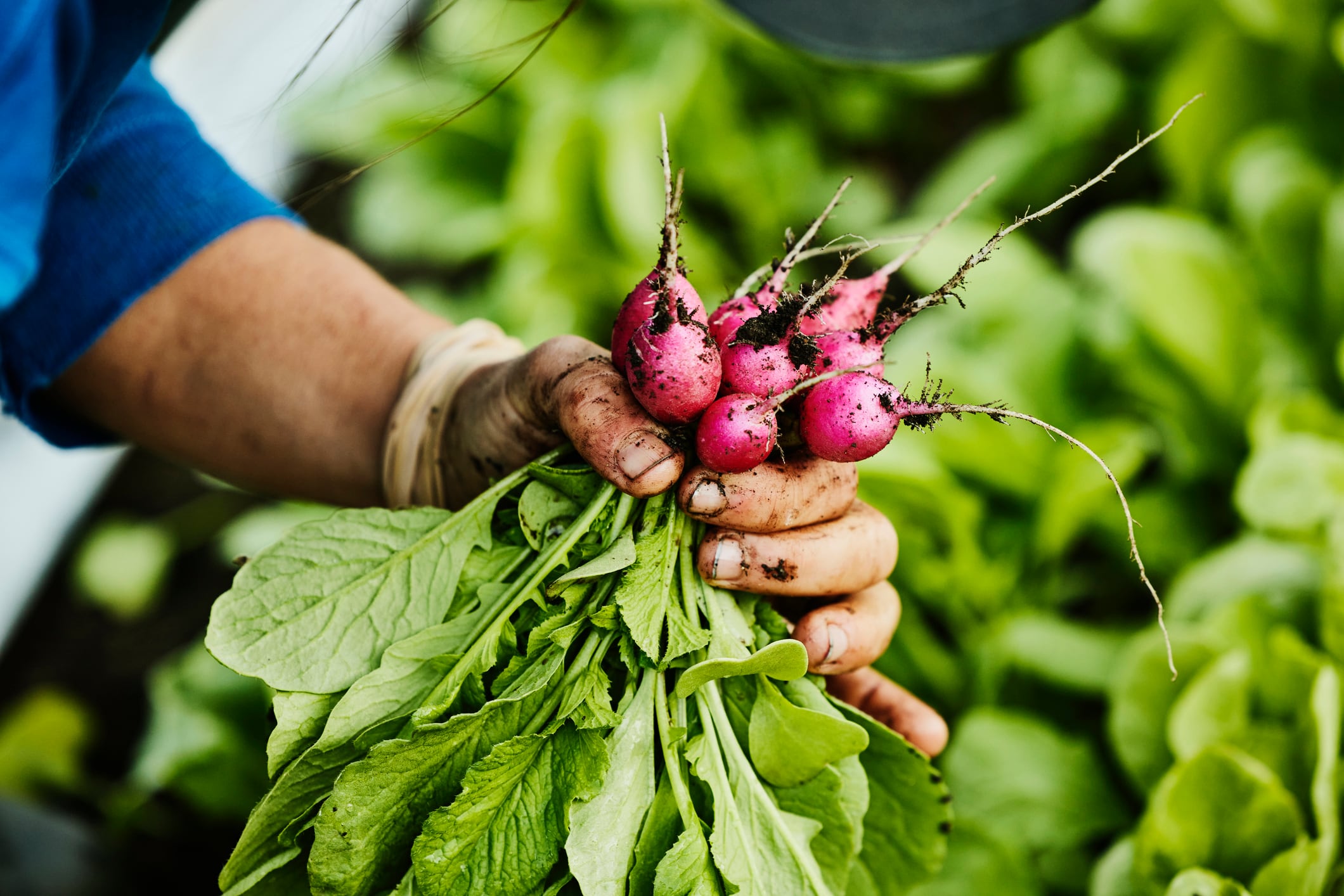
Sustainable September
The dangerous, microscopic plastic particles can accumulate in the edible parts of veg, study suggests
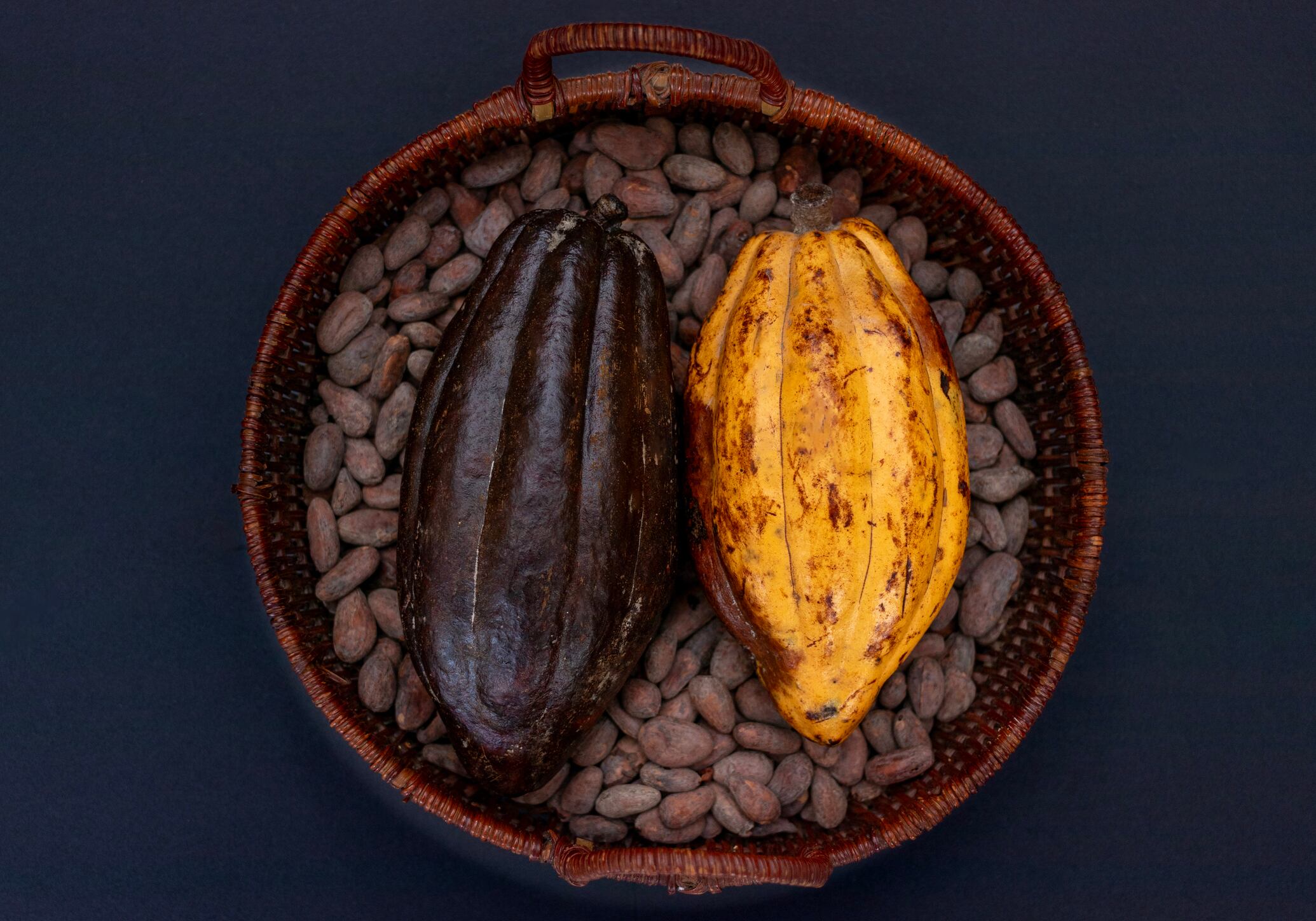
Black pod disease is the latest infection to impact production of the beloved bean
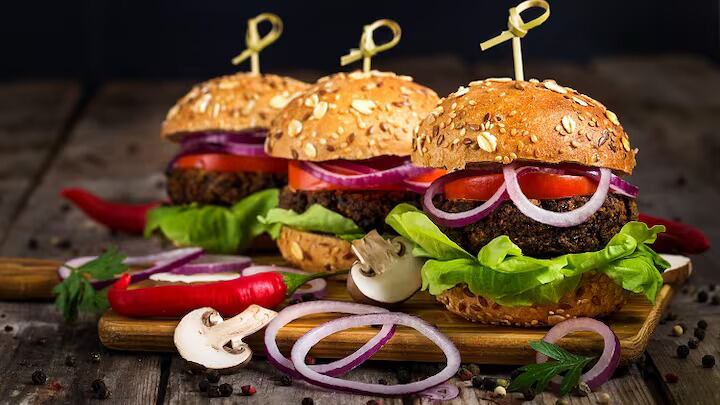
Opinion
Blended foods promise the best of both worlds, but getting them right is no easy feat. Discover the science behind creating hybrid products that deliver on taste, texture, and sustainability
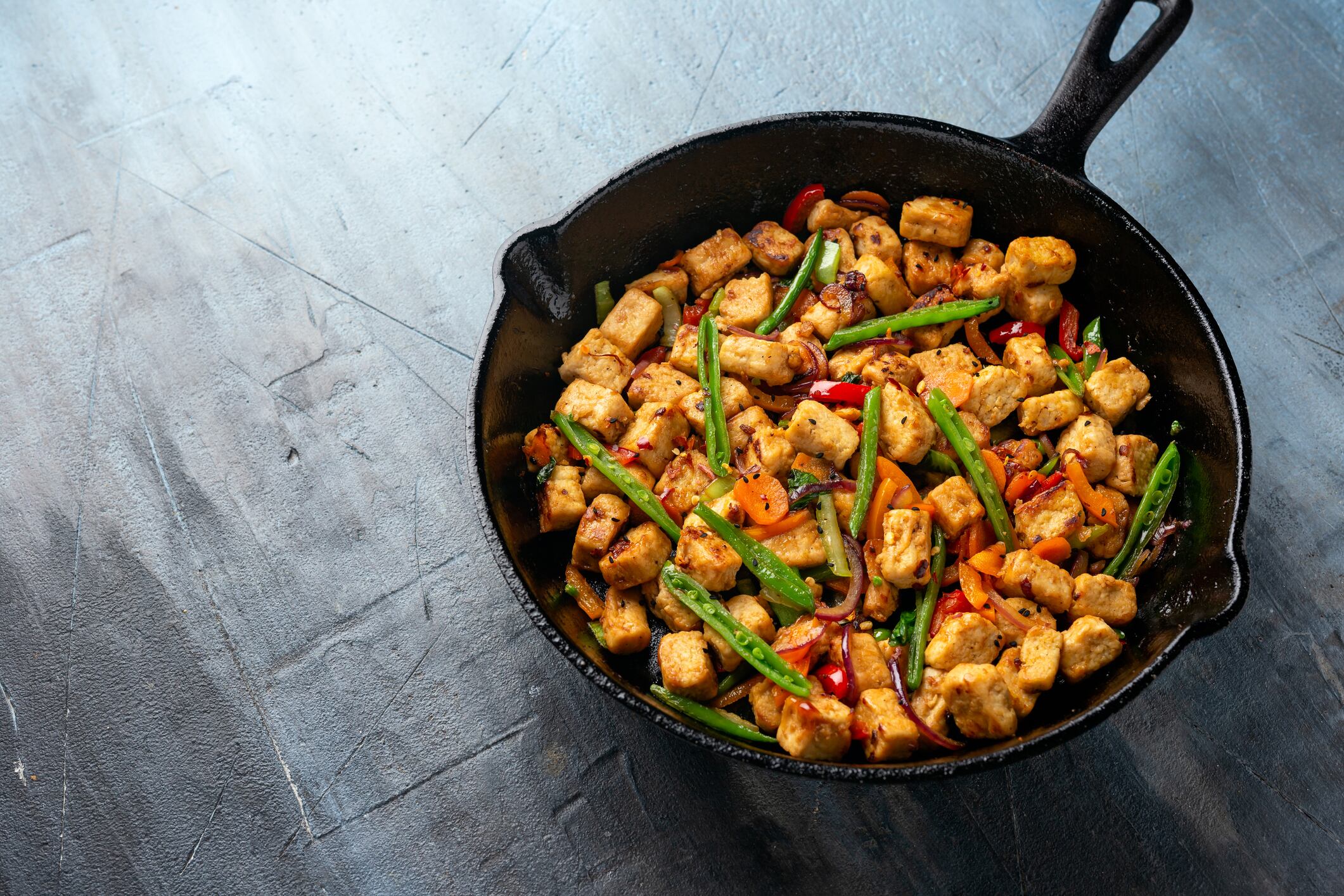
The legacy brand is responding to consumer demand for clean label foods

By limiting food intake, athletes could lose out on essential nutrients they need for peak performance

As GLP-1 weight loss drugs skyrocket in popularity, their impact on gut health is raising questions

Sustainability September
Extreme weather is devastating crops and driving up food prices. Can innovation save global food security?
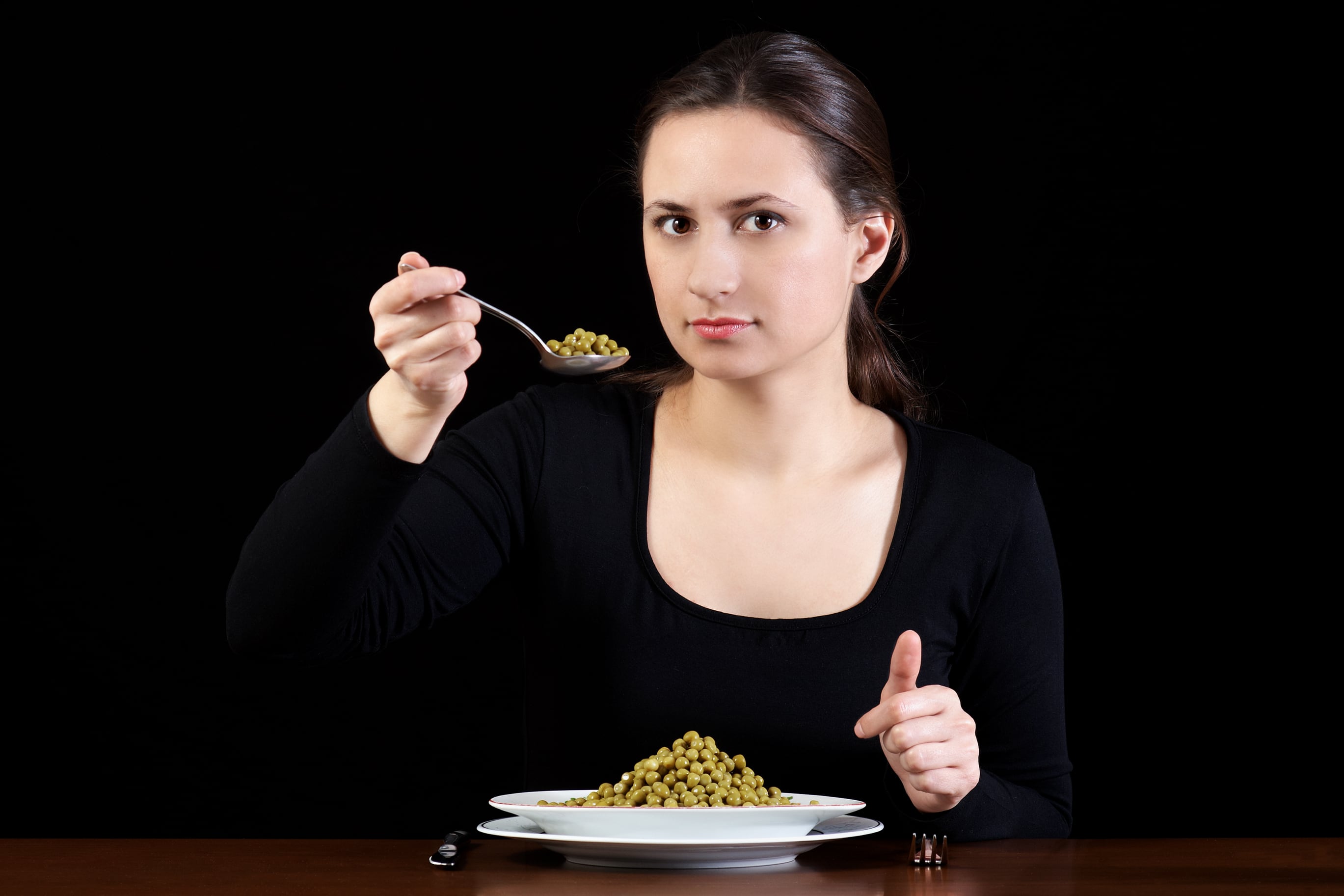
Goat’s and sheep’s milk, buckwheat, peas and lentils, and pine nuts are in the spotlight

Some ingredients frequently found in ultra-processed foods are linked to all-cause mortality

From cell-cultivated meat to precision-fermented dairy, regulators are stepping up to support innovation
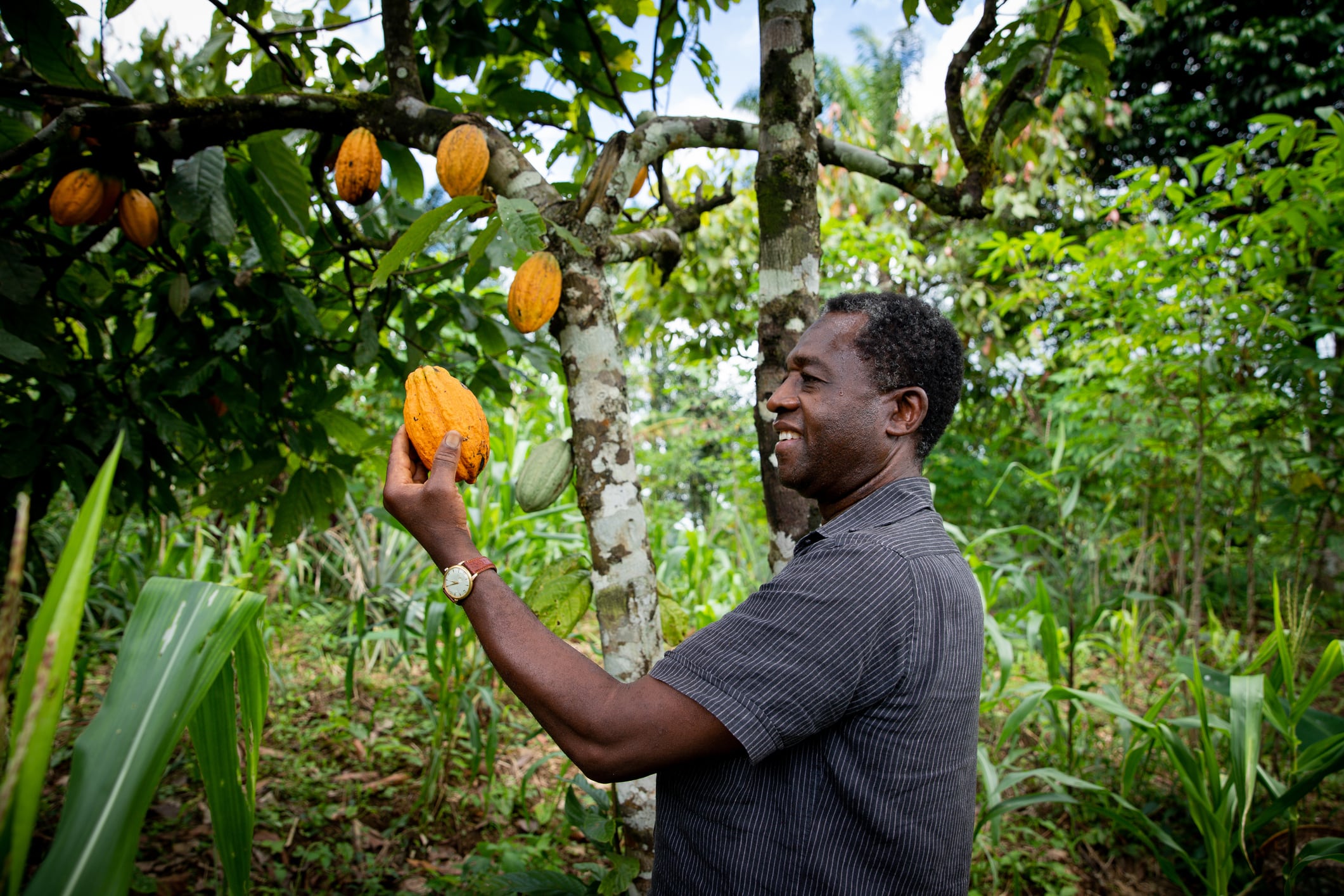
Cocoa must face up to challenges in its supply chain if it is to be compliant with the EUDR

The government is pushing to reduce salt and sugar for babies
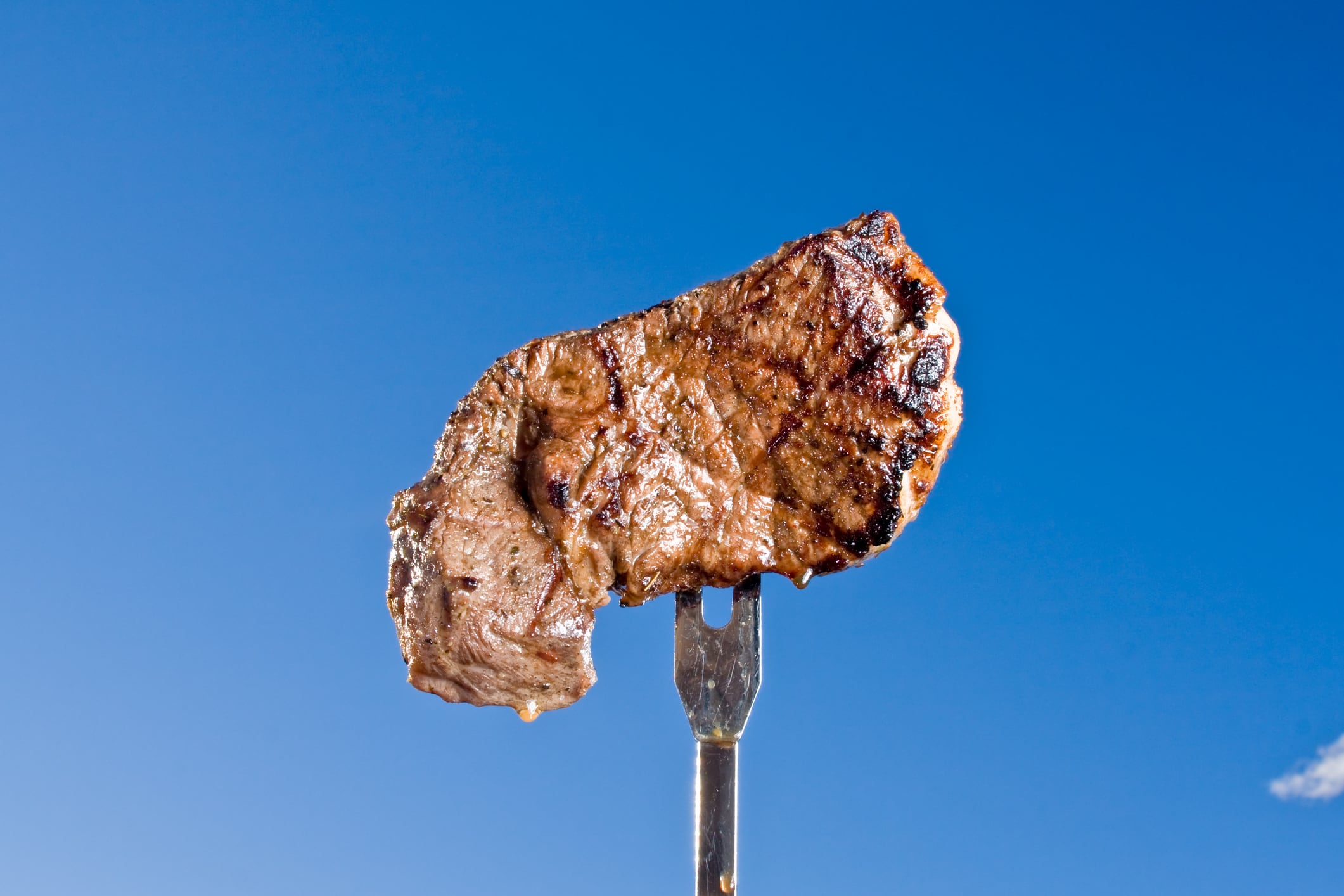
Not all protein sources provide equal health benefits

Consumers are turning away from sweeteners amid rising health concerns and distrust. What does this mean for the future of food and beverage?

After years of negotiations, no global regulations to tackle plastic pollution have been agreed

Research suggests the nutritional content of food is linked to overeating

For older consumers, it’s important to feed the right nutrients to the gut

Opinion
Launching a new food product? Without the right data, your investment’s at risk

M&M’s, Skittles, and Starburst will ditch artificial colours, but not every product is making the switch

New research links high UPF consumption to a 41% increase in lung cancer risk, independent of smoking
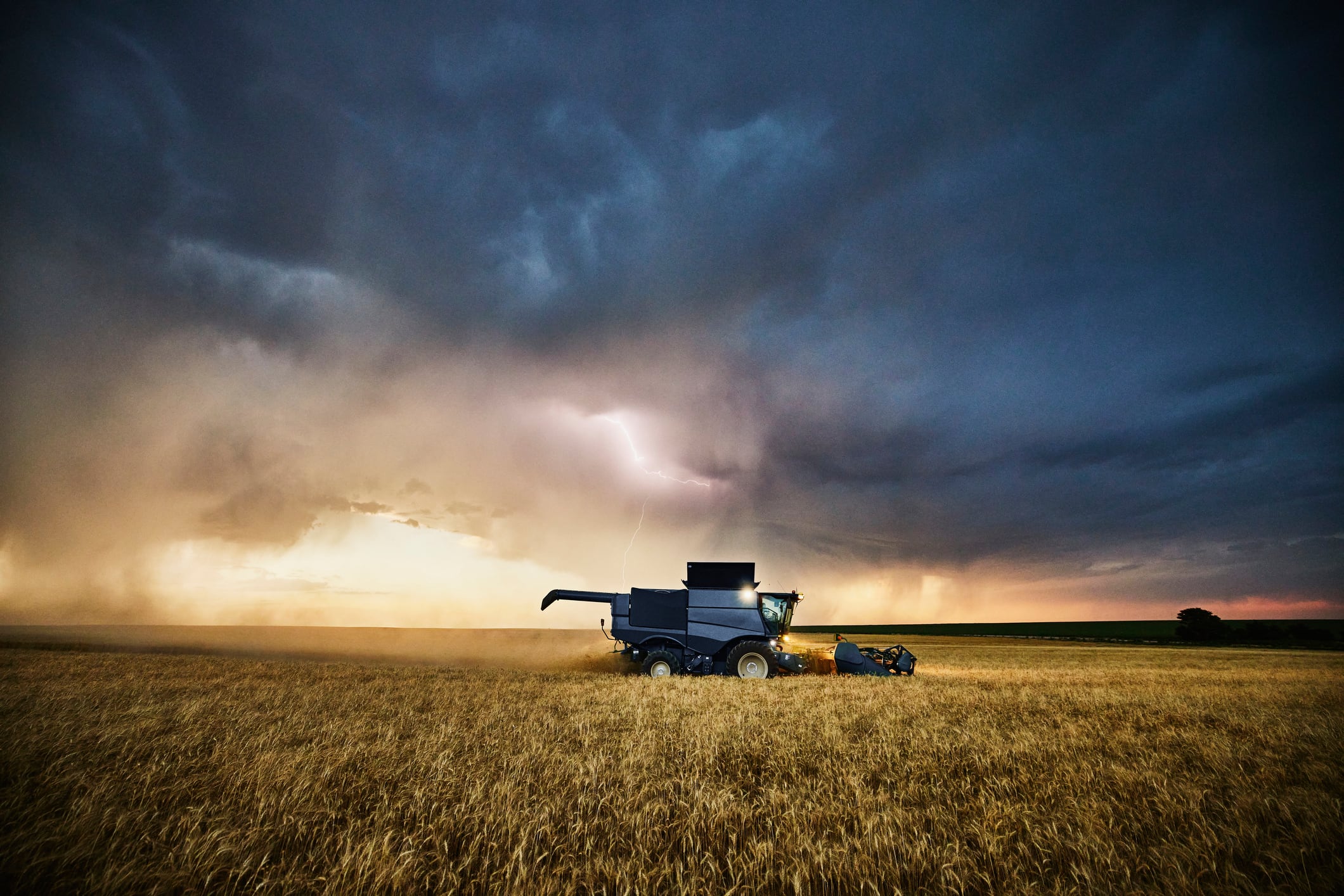
Manufacturers brace for tighter ingredient supplies, rising costs, and supply chain disruption by Q4

Nestlé is under fire in France over claims it used banned filtration to hide contamination in its mineral water
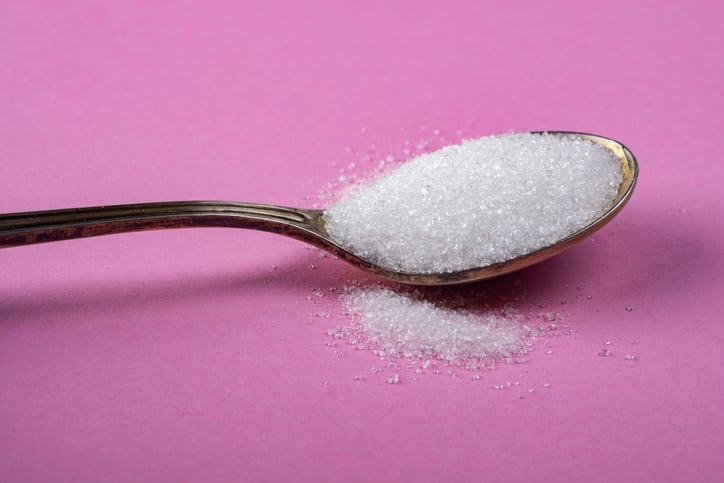
The UK wants to increase the scope of the Soft Drinks Industry Levy: and small businesses are worried

Global plant-based food market thriving, with plant-based eggs emerging as fast-growing sector
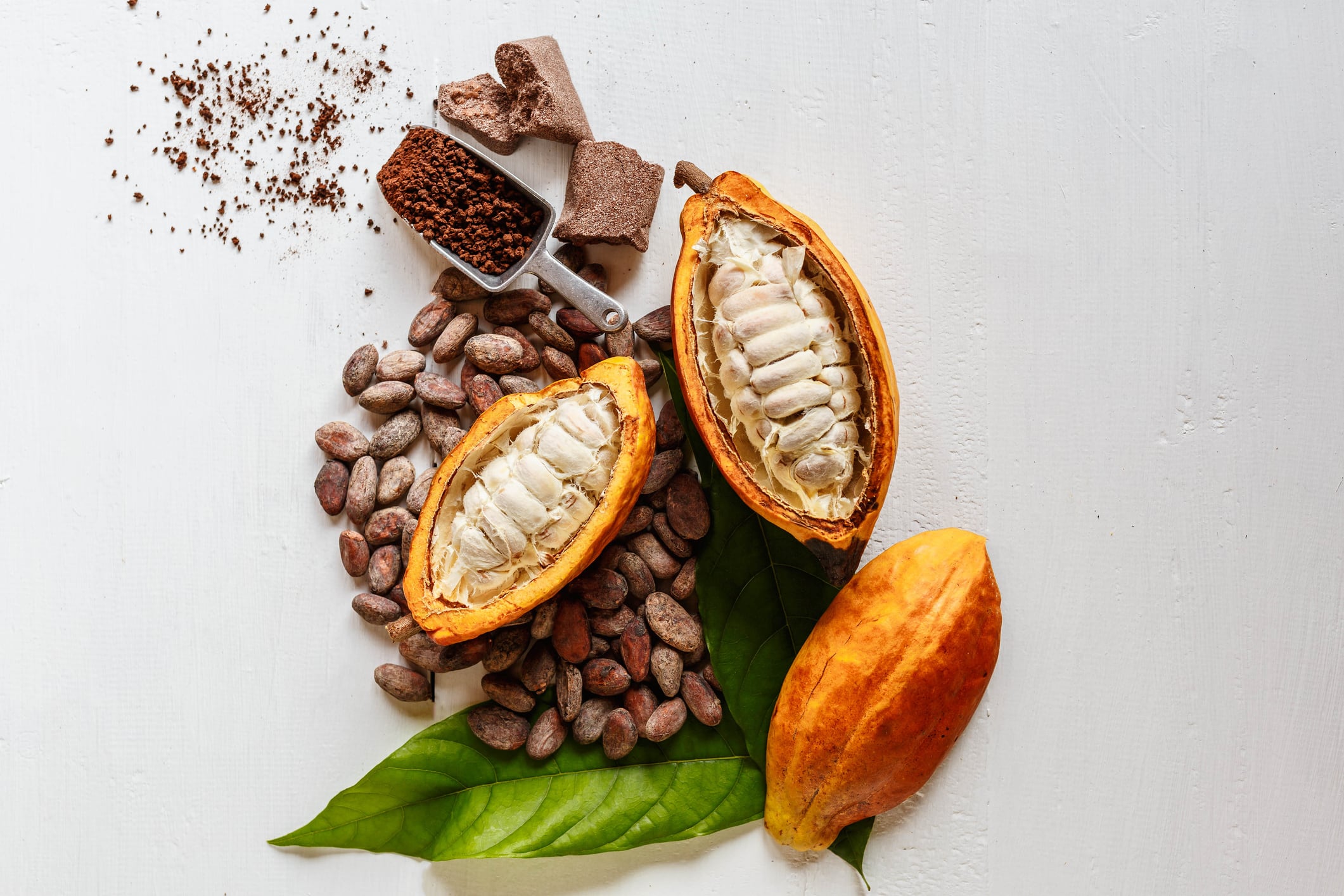
There are several key factors impacting the price of cocoa

Food recalls have hit record highs - costing billions, shaking consumer trust, and exposing cracks in global supply chains
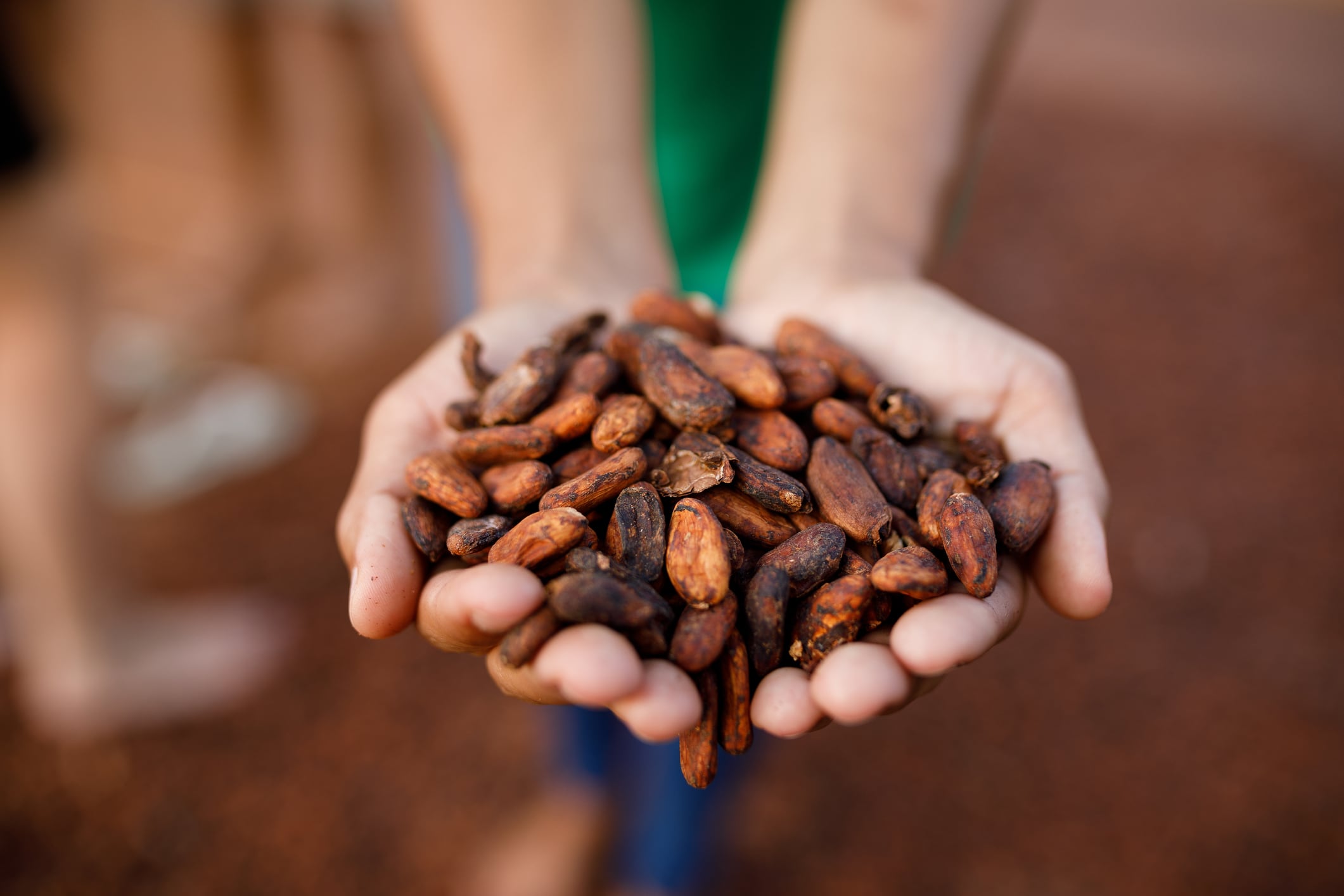
Extreme weather is changing global commodity supply chains, putting pressure on manufacturers to adapt, fast
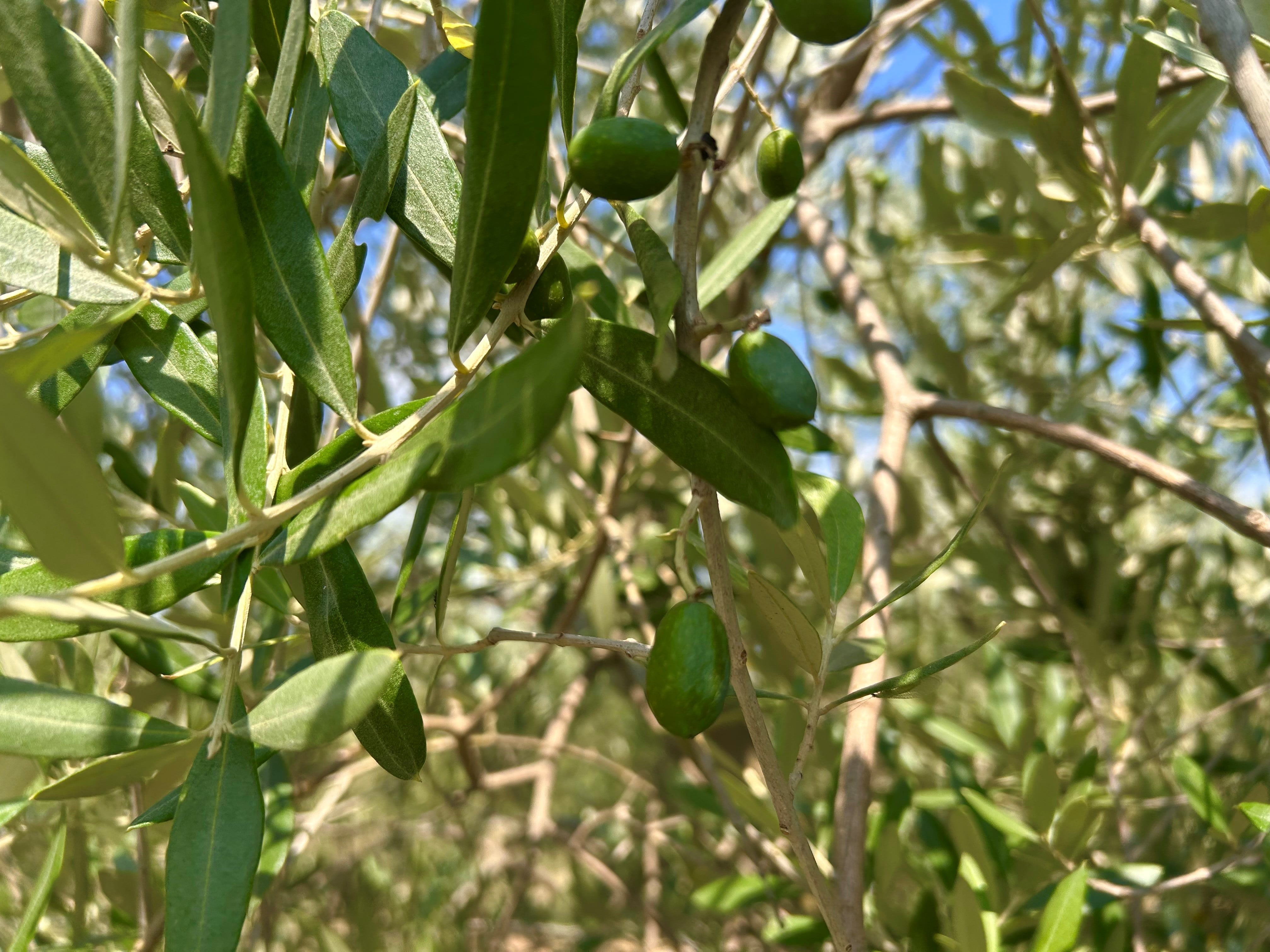
After years of crisis, the olive oil industry is recovering with a strong harvest and bold sustainability moves

Major new study links ultra-processed foods to early death, intensifying consumer concern and putting pressure on the food industry to act

Vitamin B3 linked with the holy grail of benefits - anti-ageing
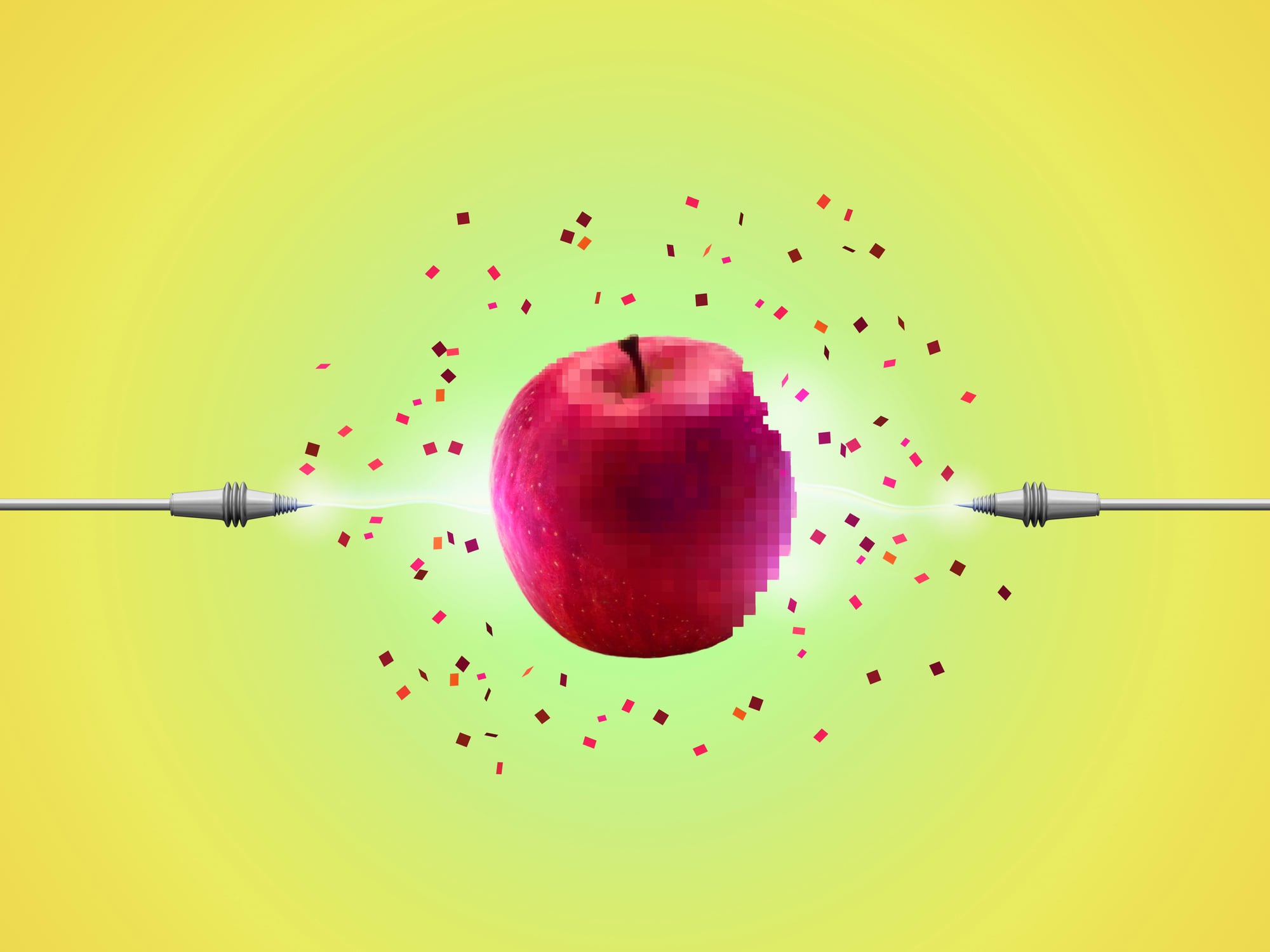
There are pros and cons to each different market
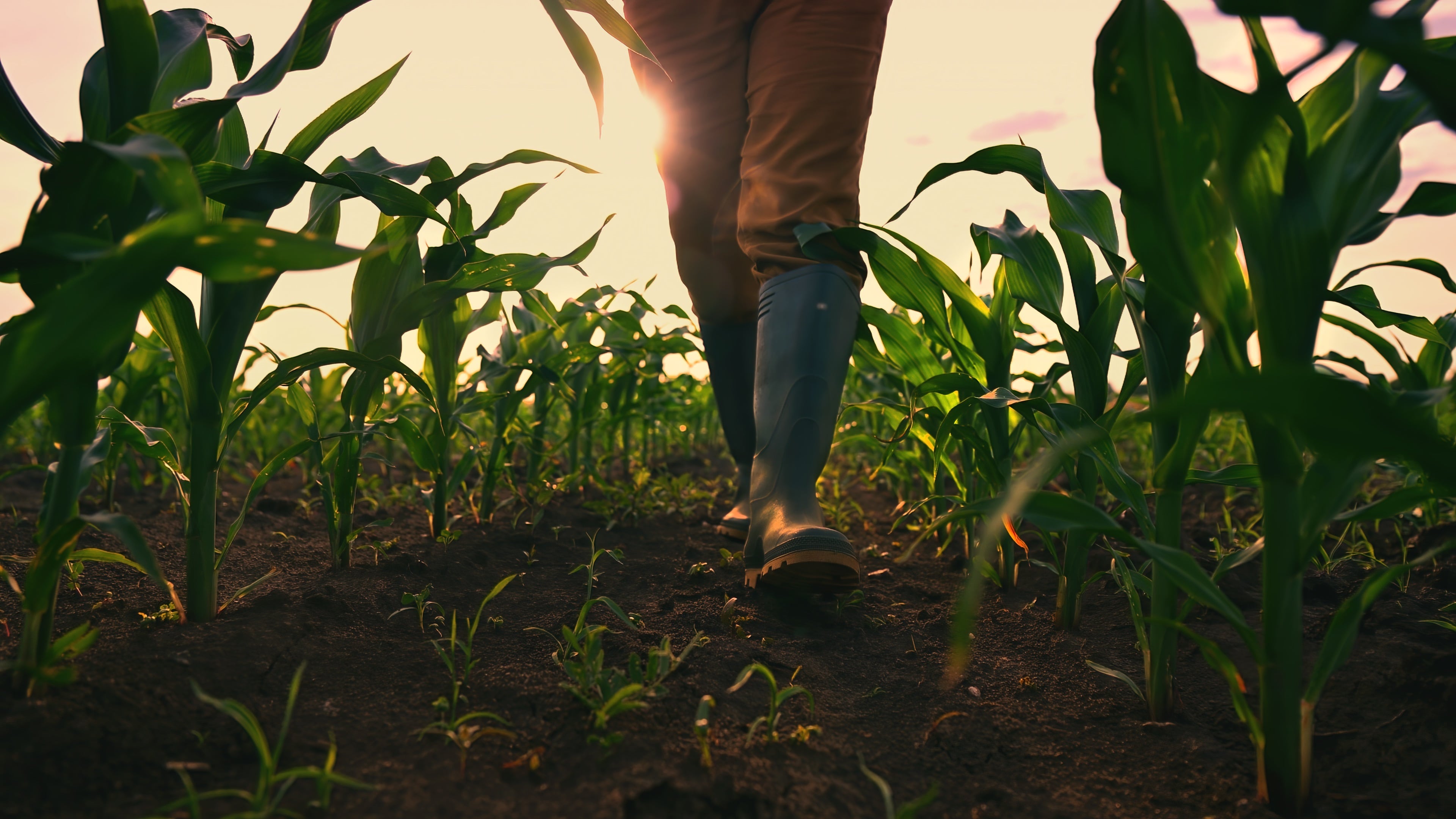
Europe’s farmers are disappearing. What can be done to end the exodus?

A wave of cyber attacks has exposed deep vulnerabilities in the food sector’s digital defences. But industry is getting wise to the threat

Multinational’s French headquarters searched by authorities

A food agency report shows that the controversy around ultra-processed foods remains strong

Seed oils are under attack, but major new study finds they could actually improve health

As heatwaves spike continent-wide, consumers need all the help they can get to stay hydrated
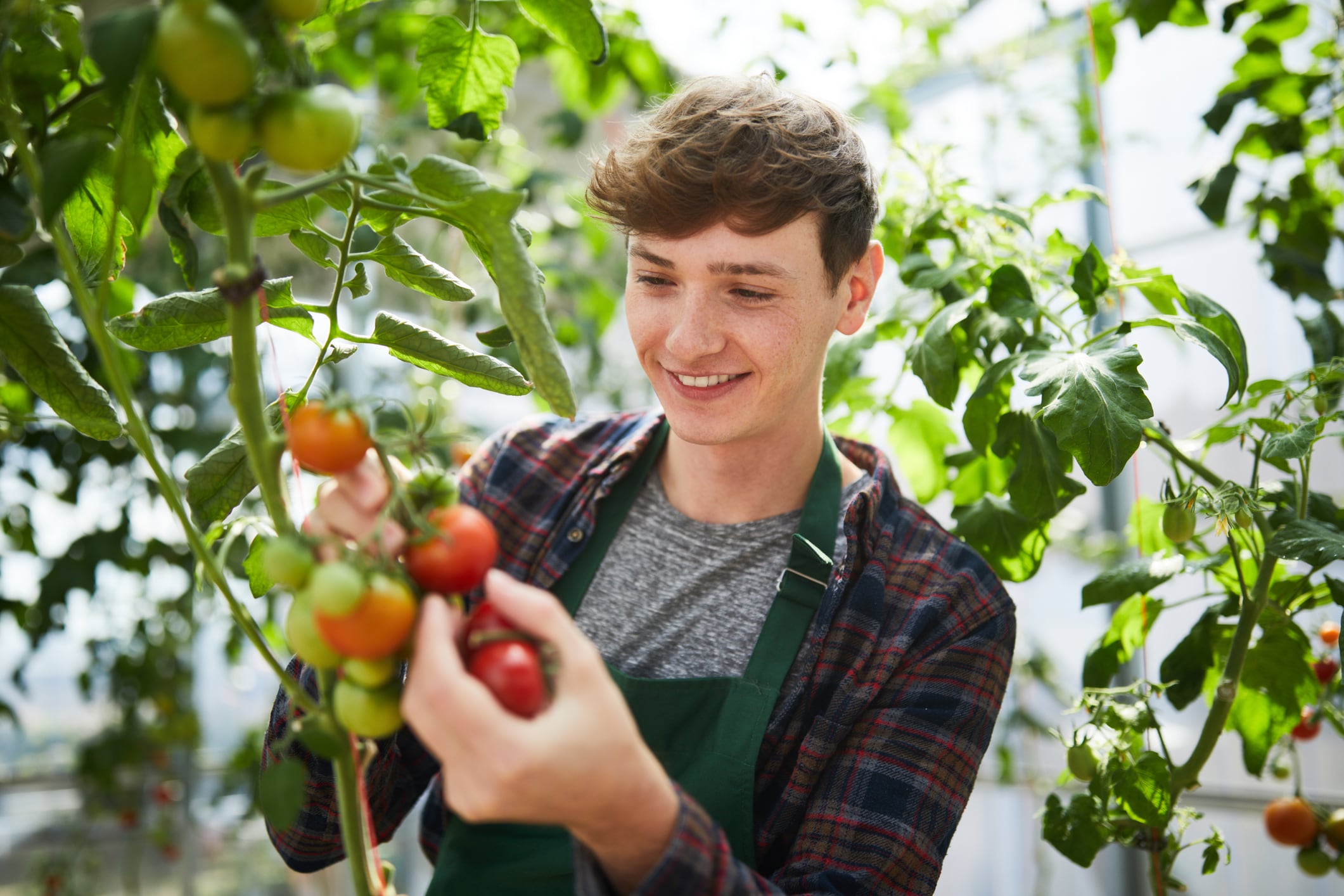
They’re protein dense, but could tomato leaves translate into a functional ingredient?
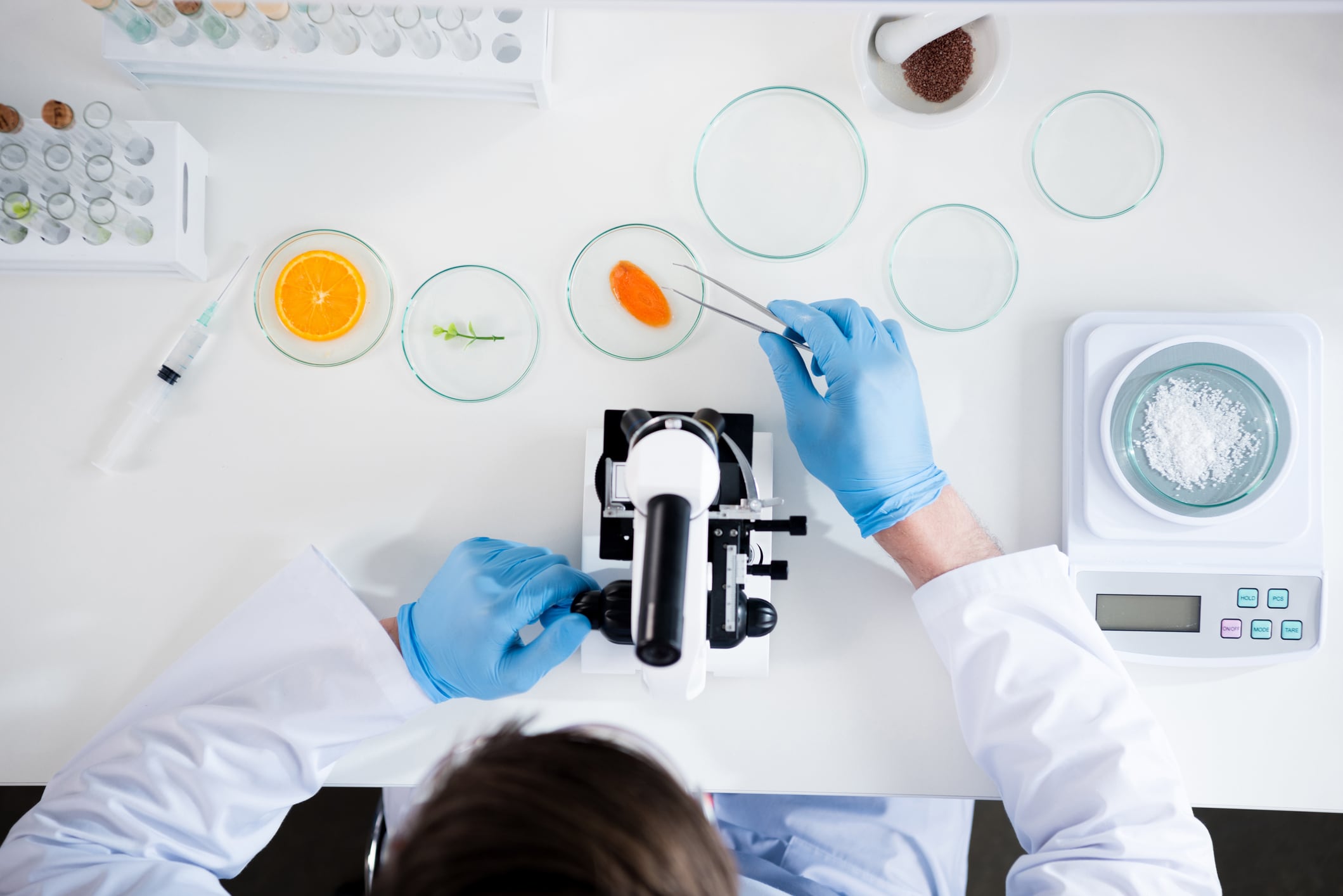
AI helps build your novel foods dossier faster, so you can submit to EFSA sooner